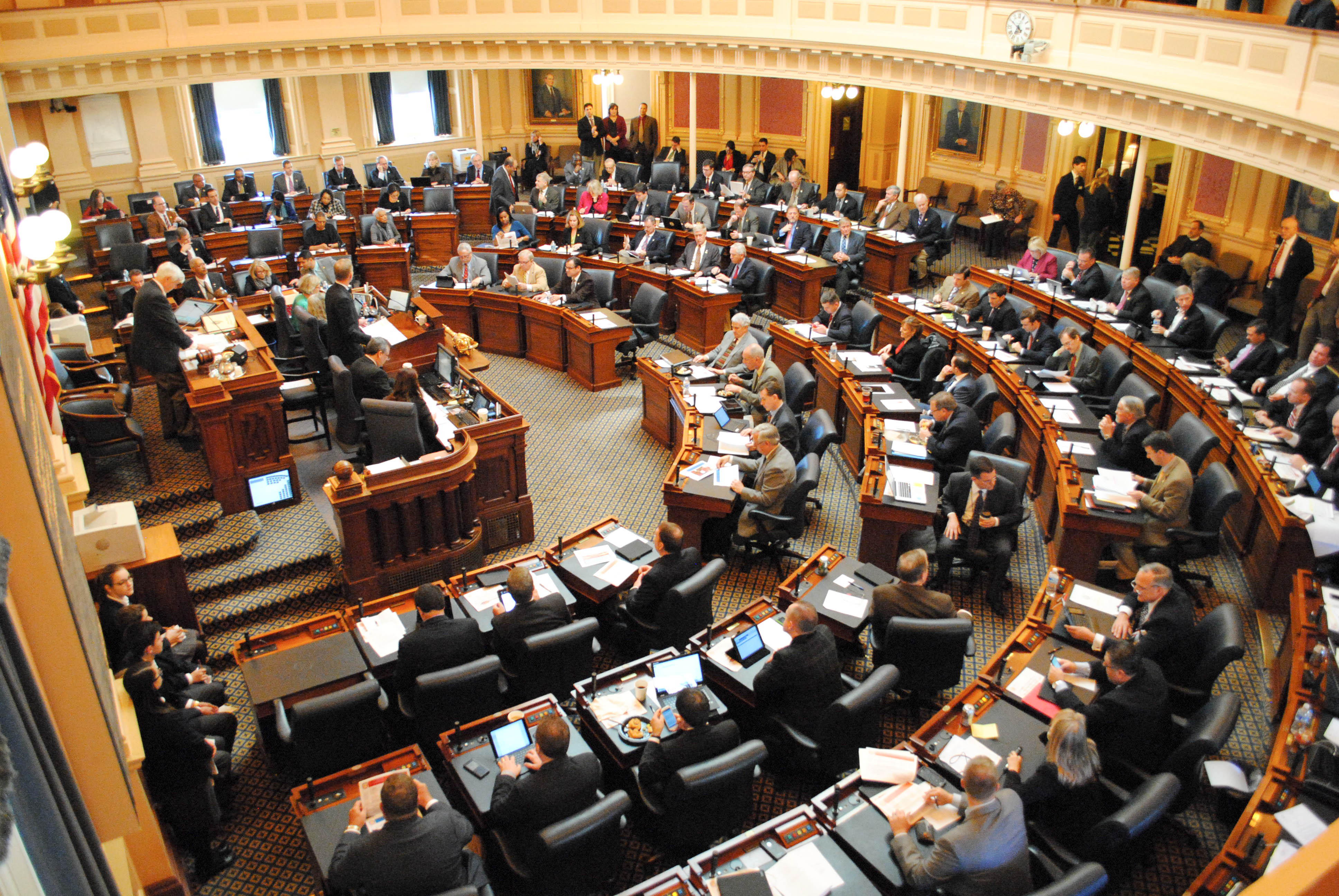A contingency plan has been set as the U.S. District Court for the Eastern District of Virginia has created a possible solution to the Commonwealth’s embattled redistricting measures, calling upon a court-appointed expert to redraw the legislative boundary lines if state lawmakers cannot agree on a plan by the October 30 deadline. U.S. District Judge Robert Payne explained that by next Thursday, September 27, Democrats, Republicans, and state elections officials must propose the names of the experts to draw new boundaries in case the drawing of the new map falls to the judges.
There has been great tension between the two parties in the House of Delegates and criticism from within the minority party as Democrats forwarded their new redistricting plan late last month. Although Speaker of the House Kirk Cox (R-Colonial Heights) has appealed the original case to the U.S. Supreme Court, last week, Governor Ralph Northam (D) urged House Republicans to let the courts draw a new map.
Nevertheless, late Friday, both Attorney General Mark Herring (D) and House Republicans cited what they considered bright spots about the judge’s order.
The Richmond Times-Dispatch reports that Herring’s office says the attorney general had asked the court to “proceed promptly with the remedial phase” and that the court did so. As well, House Republicans noted that the judge’s order still gives the legislature an opportunity to redraw the map.
Leaders from the House majority party have said they will return to Richmond in mid-October for a possible vote on a redistricting plan. Furthermore, they have indicated that they will reveal their own redistricting proposal in time for a House Privileges and Elections committee meeting next Thursday.
House Democrats have continually argued that Republicans are delaying the process on redistricting. However, when asked by the House Privileges and Elections about who exactly drew the new district boundaries, two high-ranking Democrats refused to divulge the information.
As well, one Democrat echoed the sentiment from the Republican majority leader that the plan was a “hypocritical partisan power grab.”
The plan forwarded by Democrats alters almost one-third of the Commonwealth’s legislative districts, whereas the court mandated that only 11 districts in the Richmond and Hampton Roads metro areas were to be fixed.
As the political wrangling in drawing legislative maps continues, so does the push by some to consider independent, non-partisan commissions to draw the lines. Although the change would require a constitutional amendment, Delegate Steve Heretick (D-Portsmouth), the one who slammed his own party’s redistricting plan, filed a bill at the end of August calling for a constitutional amendment that establishes a redistricting commission, according to The Virginian-Pilot. Moreover, OneVirginia2021, the independent, non-partisan redistricting advocacy group, has announced that they would create a bipartisan committee to draft such an amendment.
Redistricting has grown in popularity recently – a factor that may help the push to get politics out of the drawing of legislative districts. Since 2015, OneVirginia2021 has grown in membership from 3,500 to over 85,000. As there is great uncertainty about which party will hold power to redraw the maps in 2021, legislators may warm to letting someone other than a politician draw maps – giving up the framework of maps being determined by party control.





